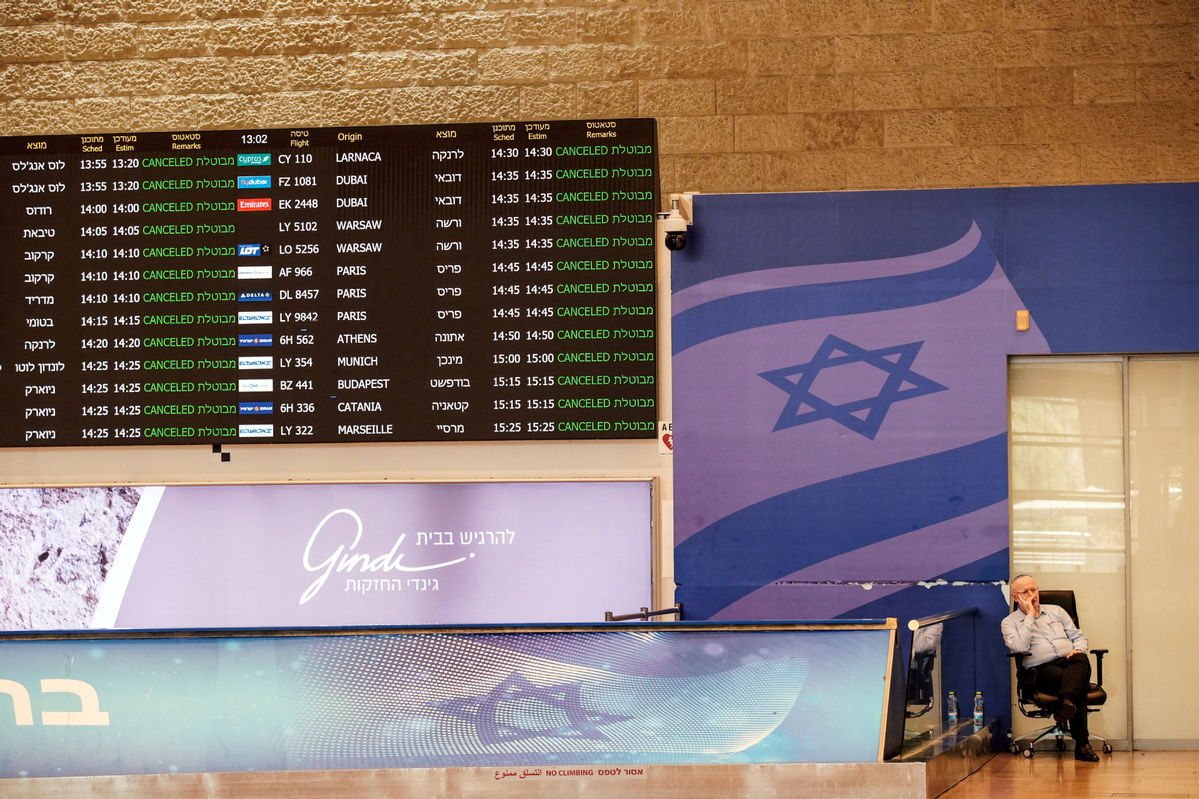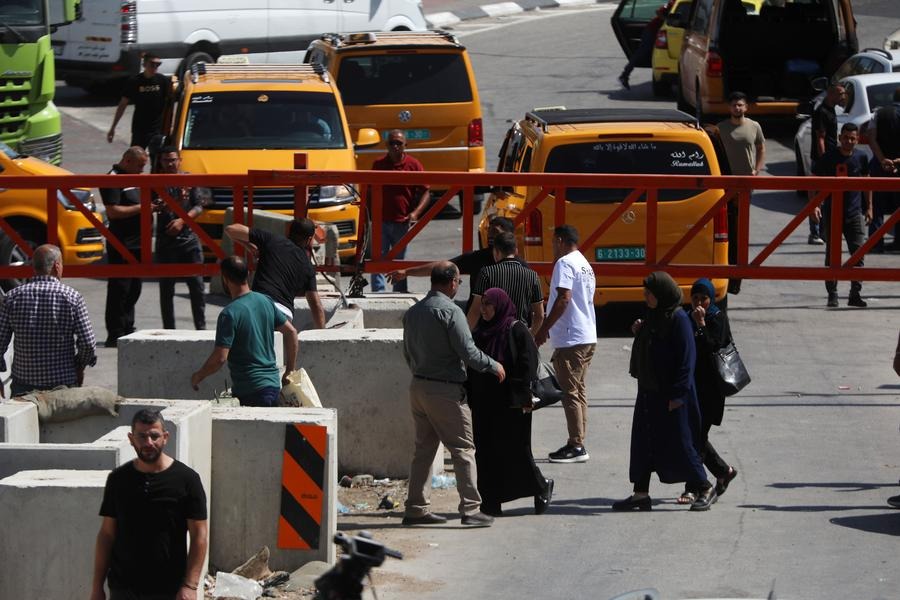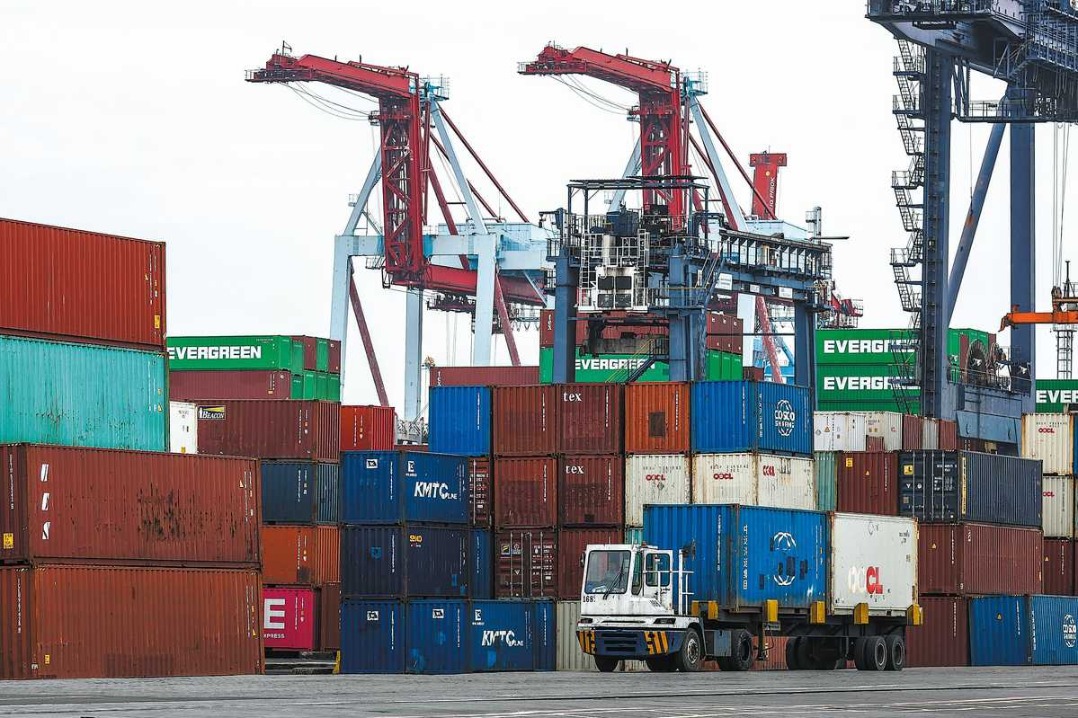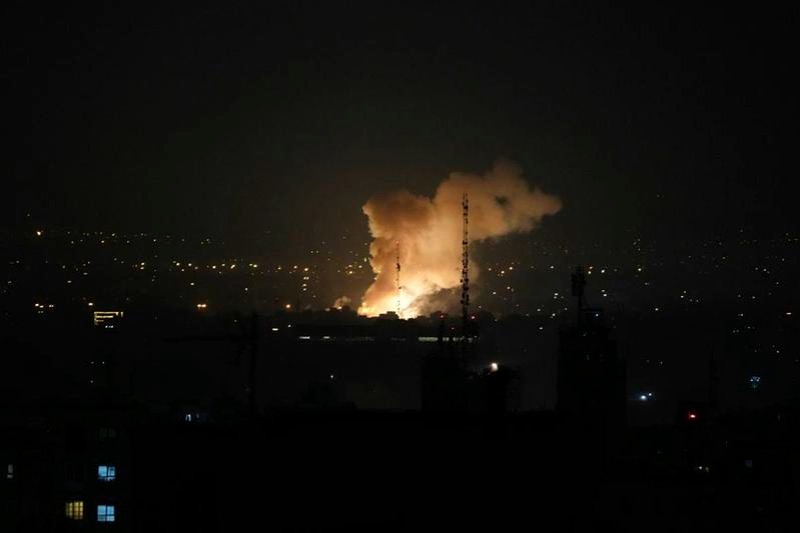UK raises Israel travel alert level, deploys jets


The United Kingdom's Foreign Office has raised its travel warning for Israel and the occupied Palestinian territories to its highest level — advising against all travel — following direct military exchanges between Israel and Iran.
The UK government's new "red" alert was issued on Sunday, two days after an initial warning cautioned about possible escalation following Israeli strikes on Iran on Friday.
The conflict escalated during the weekend, with Teheran firing missiles at Israel and Israeli forces striking targets in Iran in response. Both nations have vowed to continue hostilities, deepening fears of prolonged conflict.
Israel's declaration of a state of emergency, which it announced on Friday, has left an estimated 40,000 British tourists stranded in the country, as residents take shelter and borders close. UK officials are now preparing evacuation plans for British citizens, reported The Times newspaper.
UK Prime Minister Keir Starmer is under pressure to launch a mass evacuation for Britons as Iranian ballistic missiles killed 14 people and injured 200 during the first two nights of strikes.
The UK government has also extended travel advice for other countries in the region, including popular tourist destination UAE, cautioning that tensions "could escalate quickly". Air travel across the Middle East has been severely disrupted, with multiple airspaces closed and flights diverted.
Speaking on Saturday, en route to the G7 summit in Canada, the UK prime minister confirmed the nation has deployed military jets to the Middle East. He also refused to rule out defending Israel.
Iran has threatened to attack British bases if the UK becomes involved. While the UK has not yet joined the United States in helping Israel intercept Iranian drones and missiles, preparations to boost military resources in the region began on Friday. The deployment adds to British jets already stationed in the Middle East, reported ITV News.
Starmer announced the deployment of Typhoon fighter jets for "contingency support", while emphasizing the need for de-escalation between Israel and Iran.
Starmer also said he had already held discussions with Saudi Arabia's Crown Prince Mohammed bin Salman, European leaders, Israel's Prime Minister Benjamin Netanyahu, and US President Donald Trump, all emphasizing the need for regional stability.
"I suspect that when we get to the G7, there will be many other exchanges of views on an intense basis," Starmer said. "We do have longstanding concerns about the nuclear program that Iran has, and we do recognize Israel's right to self-defense. But I am absolutely clear that this needs to de-escalate. There's a huge risk to escalation for the region and more widely in terms of conflict. We have seen the impact already on the economy and oil prices."
The EU has called an emergency video conference of foreign ministers from its 27 member nations for Tuesday, to address the Israel-Iran conflict.
































